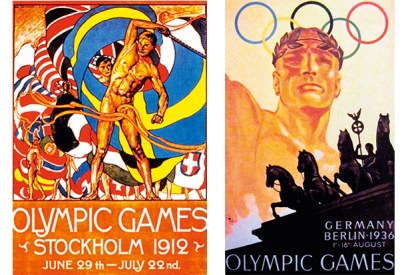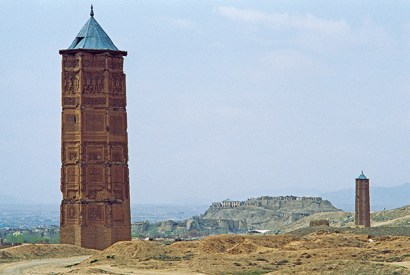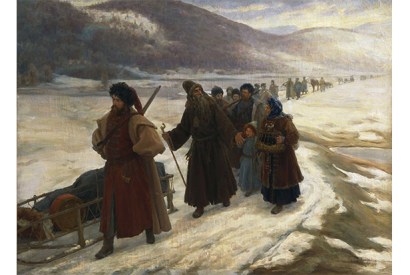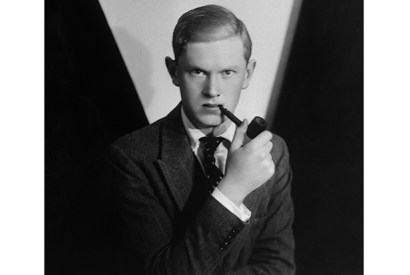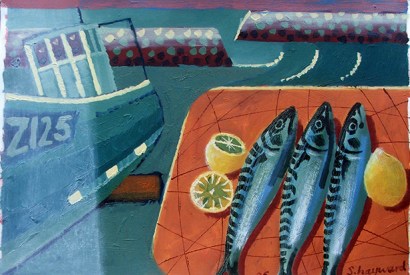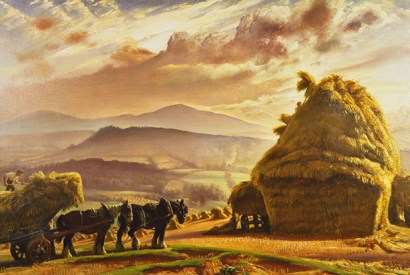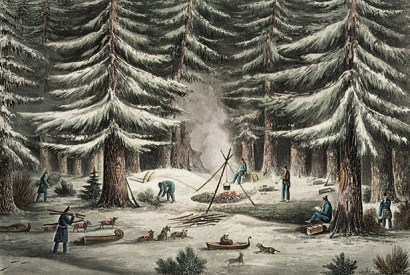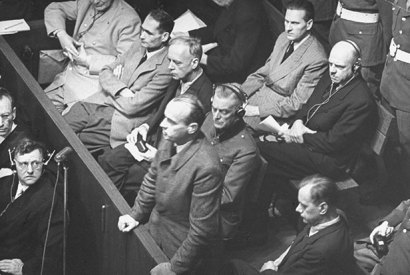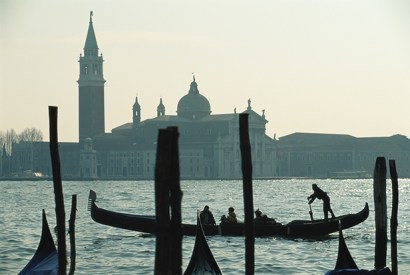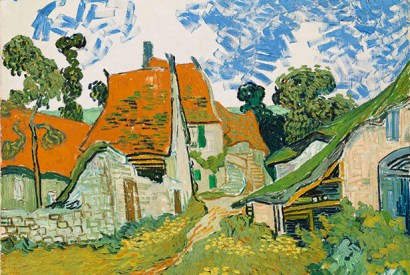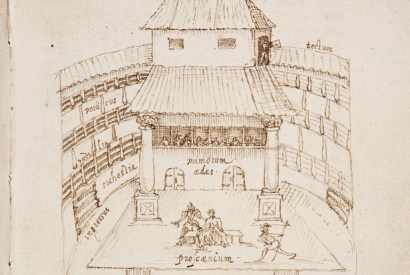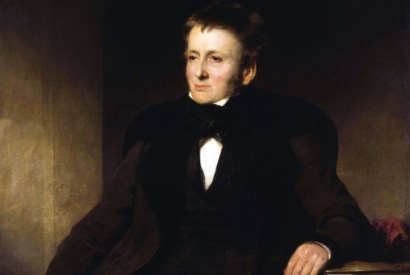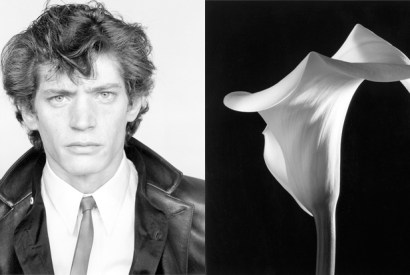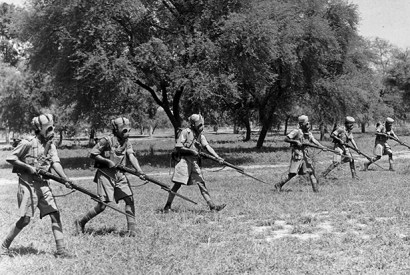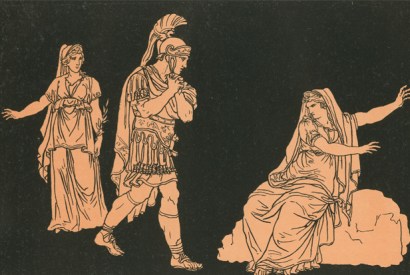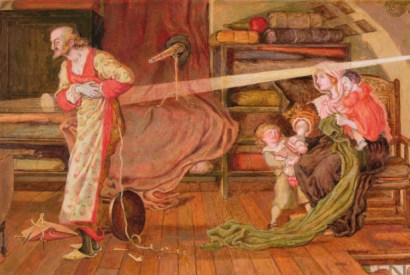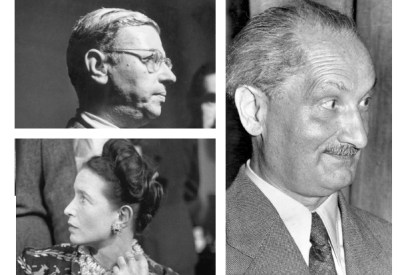Lead book review
Comment on Brexit means sovereignty by Rob2000
Maybe the difference is that crops and livestock don’t tend to be migratory. Just a thought. Got something to add?…
A gentleman among players
I once played in something called the Writers’ World Cup. A lot of people in publishing (novelists, journalists, editors, agents)…
A five-ring fiasco
The ambitions of the founding father of the modern Olympic Games, the Frenchman Baron Pierre de Coubertin — that they…
In the steppes of the Golden Horde
When I first visited the complex of Buddhist cave grottoes, dating from the fifth to the 14th century, at Bezekilk…
Russia’s dumping ground
Almost as soon as Siberia was first colonised by Cossack conquistadors in the 17th century, it became a place of…
A familiar life (revisited)
A Life Revisited, as the modest, almost nervous, title suggests, mainly concerns Evelyn Waugh’s life with comments on but no…
Food for thought
Elisabeth Luard has a fascinating and rich subject in the relationship between food and place. Humans eat differently according to…
The laureate of repression
In 1927, while delivering the lectures that would later be published as Aspects of the Novel, E.M. Forster made a…
Misadventures in Libya
If photographs of ‘the deal in the desert’ made you queasy — you remember, Tony Blair and Muammar Gaddafi shaking…
Cervantes the seer
William Egginton opens his book with a novelistic reimagining: here’s Miguel de Cervantes, a toothless old geezer of nearly 60,…
Annie Proulx is lost in the woods
You can’t see the wood for the trees in Annie Proulx’s epic novel of logging and deforestation in North America, says Philip Hensher
How Siddhartha Mukherjee gets it wrong on IQ, sexuality and epigenetics
A clear, accurate, up-to-date pop science book on genetics would have been most welcome, says Stuart Ritchie. Sadly, this isn’t it
Genocide is named and shamed
Prosecution for genocide or crimes against humanity is now a given in international law. But before the Nuremberg Trials, these two groundbreaking notions didn’t exist. Daniel Hahn describes their origins and inspiration
‘The finest architectural delusion in the world’
It took the madness of genius to build such a wonderful impossibility. Patrick Marnham reviews a delightful new literary guide to Venice
Florence's black Medici prince: a drama worthy of Shakespeare
The life – and violent death – of a very unusual Renaissance prince has Alex von Tunzelmann enthralled
Why we love unfinished art
An unfinished painting can provide a startling glimpse of the artist at work. But the common tendency to prefer it to a finished work is being taken to extremes, says Philip Hensher
William Shakespeare: all things to all men
The best new books celebrating Shakespeare’s centenary are full of enthusiasm and insight — but none plucks out the heart of his mystery, says Daniel Swift
T.E. Lawrence: from young romantic to shame-shattered veteran
T.E. Lawrence is seen as a ‘metaphor for imperialism, violence and betrayal’ in the Middle East. But woeful Arab leadership has also been to blame for the region’s problems, says Justin Marozzi
The life of Thomas De Quincey: a Gothic horror story
Frances Wilson’s biography of Thomas De Quincey, the mischievous, elusive ‘Pope of Opium’, makes for addictive reading, says Hermione Eyre
Robert Mapplethorpe: bad boy with a camera
Robert Mapplethorpe made his reputation as a photographer in the period between the 1969 gay-bashing raid at the Stonewall Inn…
The making of modern India
The sacrifices made by India on the Allies’ behalf in the second world war would profoundly affect the country’s future for better or worse, says Philip Hensher
Gifts from beyond the grave — from Virgil and Seamus Heaney
Andrew Motion finds a touching parallel between Virgil’s unfinished Aeneid and Seamus Heaney’s barely finished translation of Book VI
A.C. Grayling reduces history to a game of quidditch
The 17th century scores highly — especially England’s part in it — in A.C. Grayling’s ‘points system’ of history. If only the study of the past were that simple, says Ruth Scurr
Syria's Stalingrad: how Aleppo slipped from tolerance to terrorism
Justin Marozzi on the bitter irony of Aleppo’s ancient motto
Sartre, de Beauvoir and Sheffield teenagers; the weird glamour of existentialism
We all carried their philosophy around in our youth, says Philip Hensher. But did anyone — including the existentialists themselves — really understand it?



